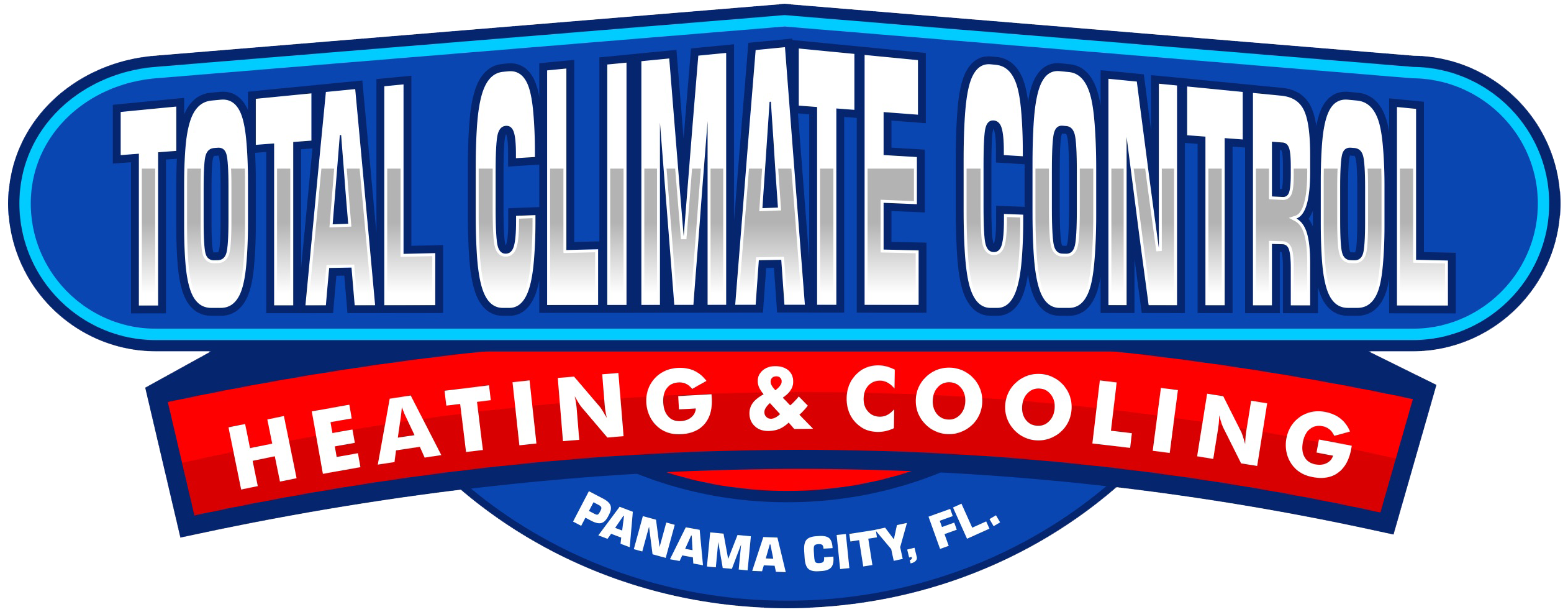As long as you have the right temperature control, you should be able to make your home “just right”. However, that means more than just not being too hot or too cold. You’ll also need to control the humidity level to make your surroundings just right.
A lot of this work is already done by air conditioners and heaters, but sometimes you need a little extra help to keep the moisture down, especially in certain rooms or when the weather is very hot or cold. You can live healthy and take better care of your home by using humidifiers and dehumidifiers in the right way.
The Game of Numbers
To keep your home at the right humidity level, you need to know the relative humidity. This is the amount of water vapor in the air shown as a percentage of the saturation point. Most of the time, 30 to 50 percent relative humidity is best for health and for home materials that are easily damaged, like wood and drywall. A hygrometer is the best way to keep track of the relative humidity in your home. Low-tech digital types work well most of the time and can be found for less than $20 at most hardware stores.
If you live in a mild area, the relative humidity may change during the winter and summer so it’s not in the best range. When your heater is on in the winter, it can dry out the air inside by more than 30%. And on the wettest summer days, the relative humidity can reach over 60%. In places that are very dry or very wet, you might only need one of the two machines and not both.
Even out everything
When the humidity level is off, the first thing you might notice is a difference in your health. Skin problems like eczema, psoriasis, and chapped lips can get worse in dry air. On the other hand, mold and mildew can grow in damp air, which can cause breathing problems and more serious diseases.
Odors won’t come from being too dry, but rooms that are too wet will often smell musty and dank. Dry air can crack and splinter some types of wood, while humid air can warp it. Both of these situations can damage your home over time. And mold growth usually means that the whole thing needs to be replaced.
A cheap, movable humidifier that fits your space and style can help you stay healthy if you need more humidity. You might need to buy a whole-home system that works with your HVAC equipment if your main goal is to keep your home’s materials safe from damage.
Whole-home dehumidifiers may also be useful in places that are very wet, but a central air conditioning system that is well taken care of should be enough to handle most moisture control needs. If your hygrometer tells you that you need help in damp places like basements, bathrooms, and laundry rooms, you can buy a portable version. Just make sure that it’s the right size for the room and amount of dampness.
